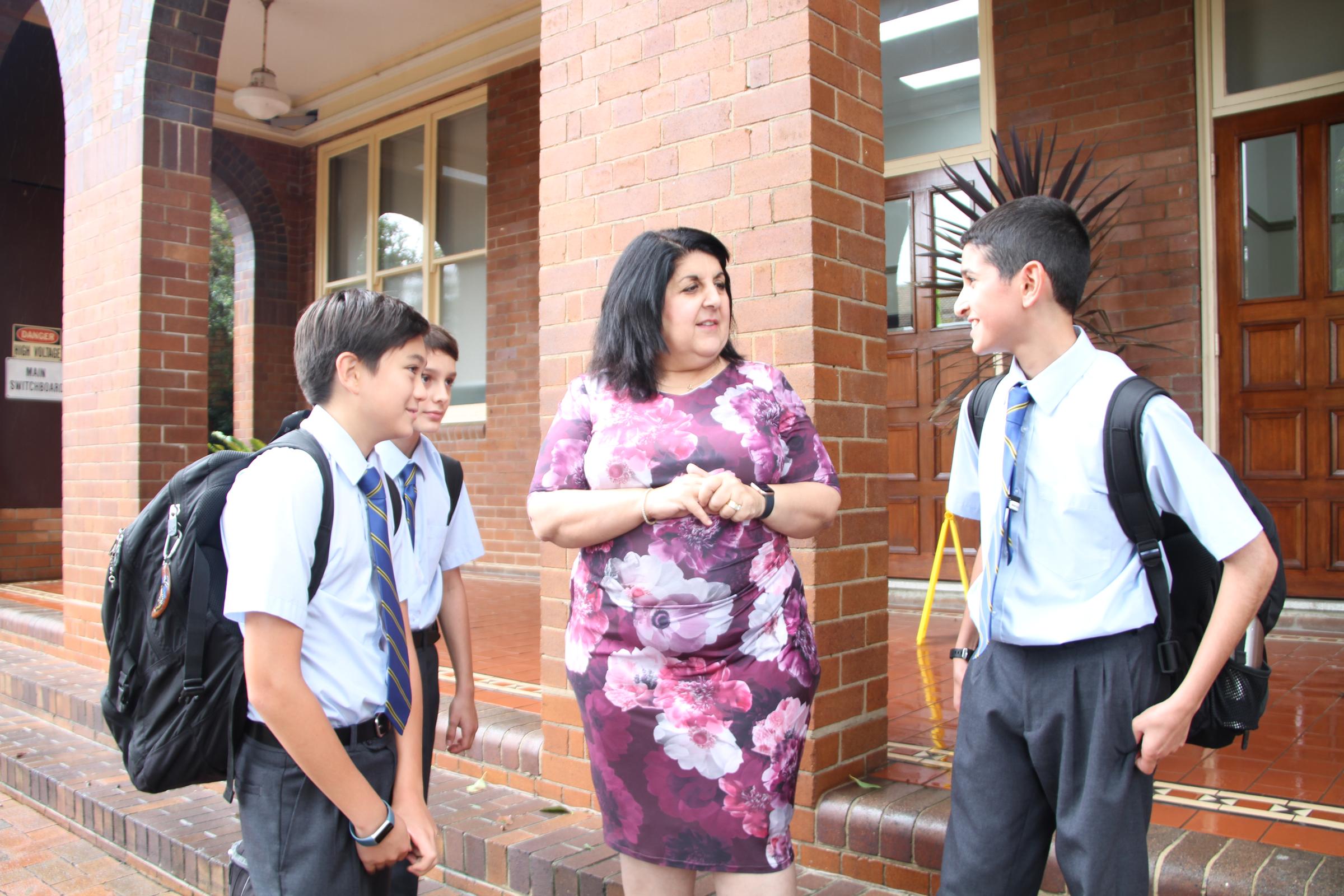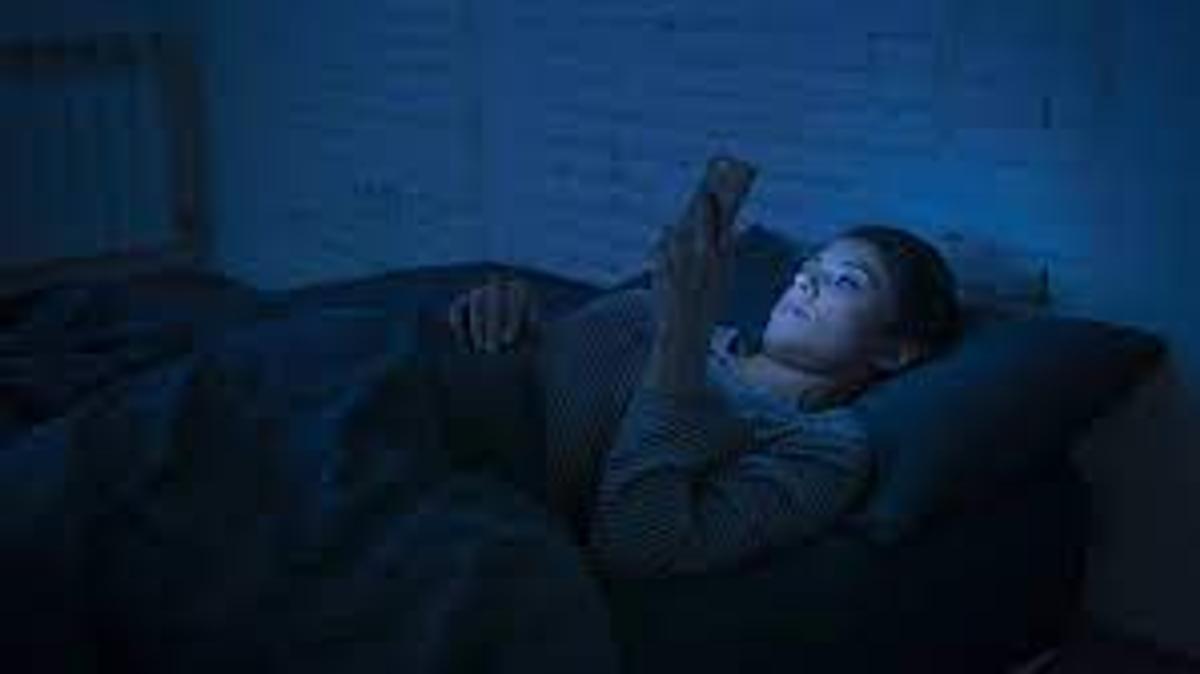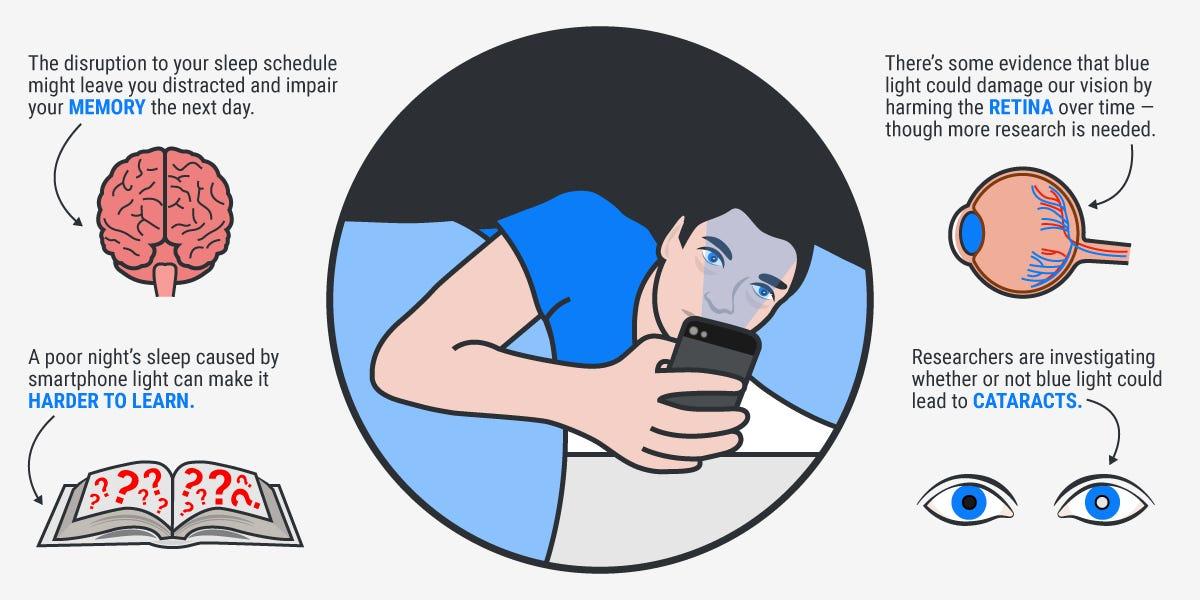Principal

Cyber Safety
Last week, we were privileged to host Kirra Pendergast to speak to students during the day and parents/carers in the evening at the P&F Parent Forum. She is the CEO of Safe on Social Media Pty Ltd, Australia’s most trusted and in-demand Online Safety, Education, and consulting firm.
Kirra’s frank, no fear-mongering approach is backed by 30 years of experience in Information Technology and Business consulting, predominantly Online Security, and Online Safety. Her messages to students and parents/carers were clear and gave them food for thought.
The purpose of arranging the visit was to educate our community about how to use social media safely.
I thought I would take the opportunity to share a few key messages that I took away from her presentations.
Communicate with your teen/tween about their social media use
We regularly hear parents/carers argue that they are the ones who ought to be in control. They emphasise that “it’s my house, it’s my rules”, and the kids need to understand that “it’s my way or the highway”. These parents/carers are the ones who will argue that you need to take the kids’ phones each night, and that you need to control the Wi-Fi. They are the ones who say their kids will never have a phone in their bedroom, and that games are banned. And they are usually big on filters and passwords.
The experts though would argue that you can fence the pool, but you can’t fence the ocean. That is, you can keep your kids safe at home, but you can’t keep them safe everywhere. Of course, fencing the pool is essential. It matters. But we must teach our kids to swim. That keeps them safe when they’re not at home.
If your children want to be on a screen, they’ll find a way. When I interview students who get into strife, they have shared with me all their secrets for getting around controlling parents/carers:
- I lie about when I turn my laptop and phone off at night.
- I tell them I’m doing schoolwork on my laptop when I’m actually watching YouTube, scrolling through PetRescue, or just looking at other interesting pieces of information that I find on the Internet.
- My friends create an account for their parents to follow and then create accounts that their parents don’t know about.
- Block them.
- Hidden comments.
- I sneak into my parents’ room after they are asleep to get my device.
- My friend has to take his phone and laptop upstairs every night. Sometimes he just takes the phone case and his parents don’t look so hard so they don’t see that the phone isn’t there.
- My friends usually download an app and then delete it at the end of the day before they go home, and they do it every day.
- My friends pretend to read but they hold their phone in their book and use it, similar to a hollow book safe, but you don’t actually cut the book.
- One of my friends isn’t allowed on his phone at night so he hands it in to his mum and then uses my old phone, which his mum doesn’t know about.
Force creates resistance. When we become overly forceful in our limits and discipline around technology, we rupture our relationships with our sons, and we don’t give them the space to let us know if they get into trouble. If they are worried that you will take away his devices, he will not communicate with you.
We don’t save him, elevate his grades, or prove our wisdom. We just make him mad. Once he’s mad, his rational brain turns off, he does dumb things, and we end up with bigger problems. The cycle repeats.
With younger teenagers, a higher level of control will probably work. But don’t confiscate the phone. This just makes them sneakier next time. Like Gollum, they’ll track down that phone, even if it takes them all day and night – all week! Banning or removing a device tells our sons that the thing they love the most is at risk if they get caught doing the wrong thing … but it won’t stop them doing the wrong thing! Usually, they don’t see it as wrong. They’ll just get sneakier so you can’t get them ‘in trouble’. They’ll also stop talking to you about the things you most need to know. Someone once told me, “Don’t confiscate their device. Confiscate their charger so you can watch the look of horror build in their eyes as their battery slowly dies.”
How blue light affects sleep
The second key message she had, pertinent to all of us, is the effect that cellular phone blue lights have on people at bedtime. Some devices may interrupt or negatively impact sleeping patterns. These include laptops, tablets, smartphones, and televisions – all of which feature screens that emit blue light. Overexposure to blue light in the evening can make it more difficult to fall and remain asleep.
Technology use can also cause overstimulation before bed and – if not managed properly – cut into sleep time. We discuss some of the common ways that technology can interfere with your rest, along with some helpful tips to limit technology use for better sleep.
Technology can have adverse effects on sleep:
Studies indicate that screen time before bed can increase the amount of time it takes to fall asleep, reduce sleep quality, and affect attentiveness the following day. In the long term, nightly exposure to light in the evening may increase the risk of certain sleep disorders and cancers.
Technology can affect your sleep on multiple levels. These include:
Interference with Circadian Rhythm: Exposure to blue light suppresses the production of melatonin, a hormone that induces sleepiness. This is actually an advantage during the day because it keeps you feeling alert and refreshed. However, melatonin release in the evening helps you relax before bedtime. Suppression of melatonin can cause you to stay up later, and sleep less than you normally would.
Excessive brightness in sleeping areas:
Household LED lights also emit blue light. Though we do not stare directly into them like phones and other devices, it is important to dim other bedroom lights or switch to warm lighting to reduce exposure to blue light before sleeping.
Overly stimulating content:
Certain types of content may have a stronger impact on sleep. For example, studies have found that exciting or violent video games increase heart rate, make it harder to fall asleep, and impair sleep quality.
Reduced sleep time:
In addition to the effects of blue light and stimulating content, technology use may cut into time that is usually reserved for sleep. Sleep hygiene recommendations usually advise against using the bed for anything else except sleep.
The severity of technology’s impact on sleep may depend on the device and type of use. For example, studies indicate that passive use of technology, such as watching a show or listening to music on a device, has less of an effect on sleep than active use, like playing an interactive game, texting, or video chatting.
One study compared the sleep patterns of individuals who read a book before bedtime. One set of subjects read printed books, while the other group used e-readers that emitted blue light. The results indicated that the participants using light-emitting e-readers took longer to fall asleep, experienced poorer-quality sleep, and reported feeling less alert the following morning.
Ms Pendergast was very clear with her message to all of us. An hour before bed, devices need to be put into night mode, notifications switched off, and in the case of children, locked away or they will be used secretly well into the wee hours of the morning. A routine like reading for an hour or listening to calming music, will go a long way to help the brain rest while we sleep.
Student Safety after School
Mr Byrne wrote last week about new arrangements that we commenced implementation of on Monday 28 March.
Any student remaining at Kiss and Ride at 3:45 PM will be escorted to the Senior School’s McGlade Library by the teachers that were on duty there.
Any other students found in the grounds after school, waiting for brothers to finish training, will also be directed to go to the library.
This may cause a little inconvenience however the safety and wellbeing of our students is paramount.
In Memoriam
It is with sadness that I advise of the recent passing of Salvatore del Popolo who was a teacher here at the College from 1972-1973. He was father to Old Boys Andrew ('88) and Matthew ('90), and grandfather and nonno to Old Boy Alex ('21) and Anthony (Year 9). We keep Salvatore and his family in our prayers.
Eternal rest grant unto him O Lord and let perpetual light shine upon him.
May he rest in peace.
Amen.
Dr Vittoria Lavorato
Principal
SPC boys can do anything!
** except divide by zero


